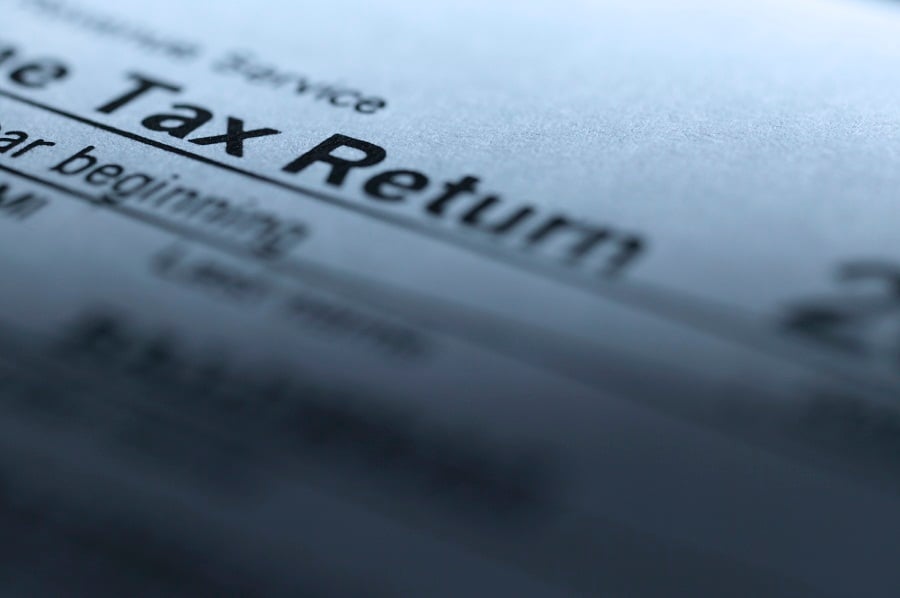For the second year in a row, TurboTax has raised its prices. At least that's what it feels like to many customers.
Last year, TurboTax changed how it categorized its options for online filing, which looked to many users like a price-hike. A $20 “basic” return was gone. The $30 “deluxe” package no longer worked for filers with stock or mutual fund sales. Customers who'd been using "deluxe" for years discovered they needed to upgrade to the $50 “premier” package. Faced with a $20 charge after spending hours entering their tax information, many just forked over the up-charge.
(More: Tax traps to avoid in 2015)
This year, TurboTax made the same changes to the software it sells in stores. Loyal customers started complaining, loudly, when they realized they'd bought the wrong box. Almost 1,500 negative reviews were posted on Amazon, and H&R Block saw its opening: it made its tax prep software free to anyone affected.
TurboTax apologized and is offering deluxe buyers $25. “While we made the best long-term decision, our good intent was not matched with good execution," says Julie Miller, a spokeswoman for Intuit Inc., which owns TurboTax.
What it didn't apologize for was the fact that the reclassification simply makes it harder to compare prices. The three major players online – TurboTax, H&R Block and low-cost TaxACT – each divide their tax prep services into different buckets. Here's how it breaks down:
TaxACT is the cheapest option for most people. With only 115 full-time employees, TaxACT spends little on marketing but handles 7 million returns a year. Its pricing is relatively simple: Nothing at all for a basic federal filing tool with all the necessary forms, plus $15 for state filing. A deluxe package — federal return, state return and more guidance — costs $20.
H&R Block claims the cheapest option – $20 for a state and federal return. But that's only available to those who fit narrow criteria, homeowners or others who file a 1040 form with Schedule A. And it's only a better deal than TaxACT's $20 option if you take into account H&R Block's “in-person audit support.” Other H&R Block federal options cost $30 and $50 online.
TurboTax charges $37 for a state return on top of a federal return (the same as H&R Block). TurboTax raised prices by $5 this year, bringing "premier" to $55, or more than $90, if you include a state return. TurboTax says it can charge more because it's a better product than its rivals; Intuit's Ms. Miller cites the software's “intuitiveness.”
TurboTax does offer one bargain. For a limited time, people with very simple taxes – using 1040A or 1040EZ forms – can file for free. That includes a state return, which competitors' "free" options charge for. This is an effort to grab more share in the slow-growing tax prep market, Oppenheimer & Co. analyst Scott Schneeberger says.
An in-person preparer, meanwhile, will cost $200 or more. Last year, the U.S. Government Accountability Office went incognito to 19 tax prep offices. In one scenario, a “waitress” was charged fees ranging from $160 to $408. A fictional “mechanic” was charged $300 to $587.
One more tip: File early. The earlier you file, the cheaper it tends to be. (The IRS started accepting returns Jan. 20.) Early filers tend to be lower-income Americans getting big refunds, and special offers aimed at them, like TurboTax's entirely free returns, often disappear by late February, Mr. Schneeberger says. Prices jump again in the last week of March. Procrastinators, don't say we didn't warn you.







